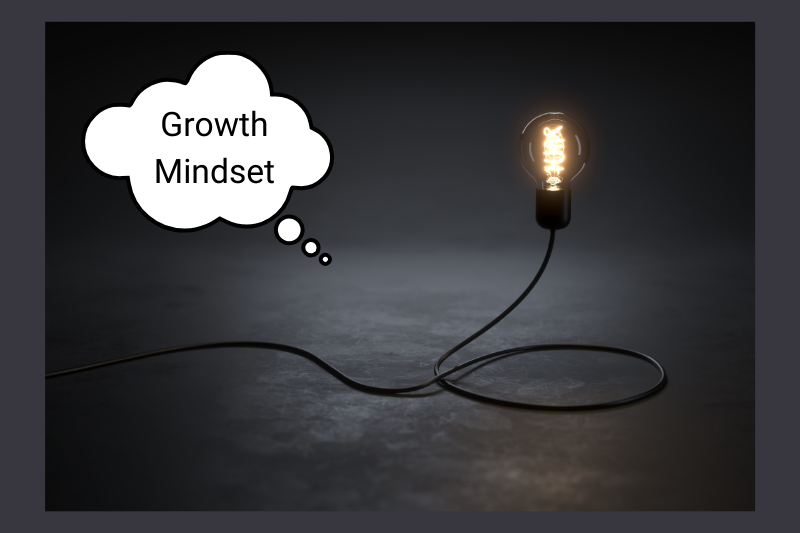Having a growth mindset means believing your abilities, intellect, and skills can improve through effort, learning from others, and persevering when challenges arise. This perspective, introduced by psychologist Carol Dweck, contrasts with a fixed mindset, where talents and intelligence are seen as static traits from birth. A growth mindset proves especially powerful for those who process and think about information differently, like individuals with ADHD, dyslexia, or other neurological variations. It fosters resilience, eagerness to learn, and facing hurdles in a positive manner.
Why a Growth Mindset Proves Helpful
For people navigating learning obstacles, setbacks can feel discouraging and may solidify the erroneous idea they cannot succeed. A growth mindset offers a more hopeful and empowering view: struggles signify not failure but opportunities to evolve. This attitude cultivates perseverance and reduces fear of mistakes, both integral to learning.
Those believing they can progress are more likely to experiment with novel strategies, seek assistance, and continue striving even when challenges arise. This outlook can lead to improved academic performance, strengthened self-assurance, and a stronger self-image.
Developing a Growth Mindset
Embrace Challenges
Rather than avoiding seemingly difficult tasks, see them as chances to expand your abilities. Struggle is innate to learning. Every time you push past hurdles, your brain develops new connections.
Learn from Errors
Mistakes represent lessons, not failures. Consider what went awry, how you can approach situations differently moving forward, and how you’ve grown from reflection.
Employ the Power of “Yet”
If unable to do something now, add “yet” to your thoughts. Saying “I can’t solve this problem yet” reminds you skills can evolve over time through effort.
Celebrate Effort, not just Outcomes
Praise and recognize exertion applied to learning, not just results. This reinforces persistence’s value and encourages continued striving.
Establish Learning Objectives
Focus on progression, not perfection. Set goals emphasizing acquiring new abilities or improving existing ones rather than high scores or grades alone.
Surround Yourself with Support
Seek instructors, friends, or mentors encouraging growth and providing constructive critique. A positive environment helps affirm improvement’s potential.
Final Thoughts
Developing a growth mindset demands time, but can make a significant difference – especially for those who process and think differently. It transforms how you approach schooling, occupations, and daily life. By believing your skills can expand, you open yourself to greater self-assurance, resilience, and long-term achievement. Keep reminding yourself – you may not know how now, but with effort and the proper outlook, you can learn.



